What do you think?
Rate this book


8 pages, Audiobook
First published January 1, 1932
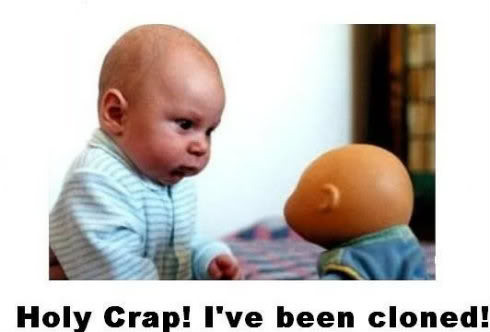
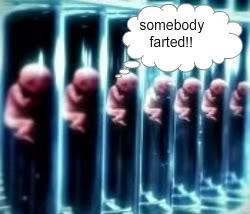

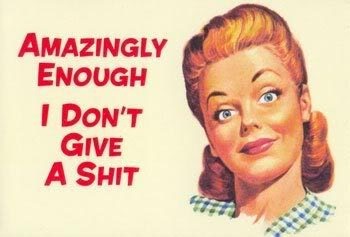
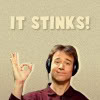
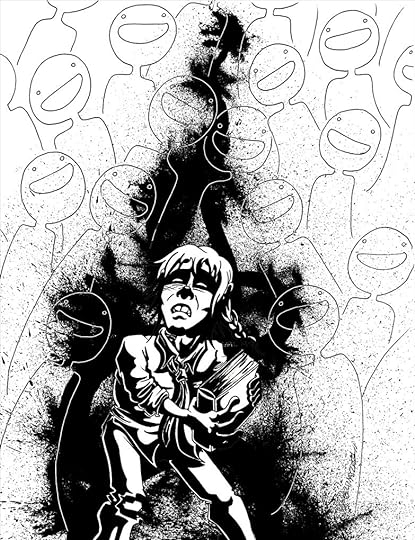
Like aphides and ants, the leaf-green Gamma girls, the black Semi-Morons swarmed round the entrances, or stood in queues to take their places in the monorail tram-cars. Mulberry-coloured Beta-Minuses came and went among the crowd. The roof of the main building was alive with the alighting and departure of helicopters.

“But I don't want comfort. I want God, I want poetry, I want real danger, I want freedom, I want goodness. I want sin.”

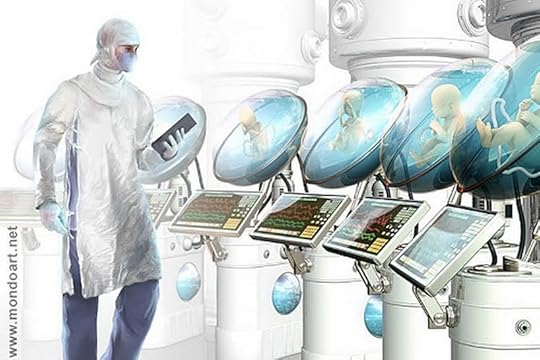
" ولكنني لا أريد الراحة..
أنا أريد الرب..أريد الشِعر..أريد خطرا حقيقيا..أريد الحرية
أريد الخير..أريد الخطيئة" !

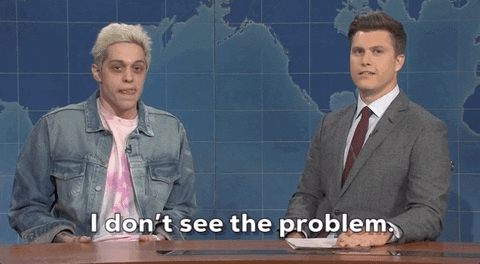
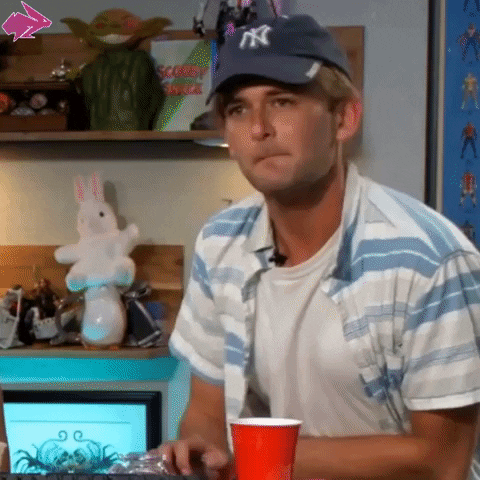


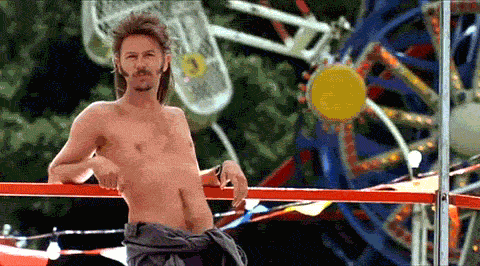
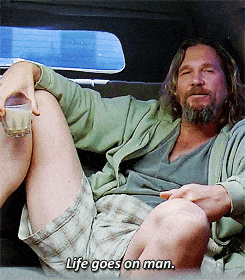

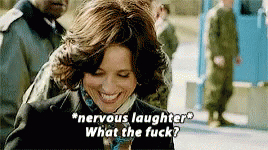

«Bueno, si usted quiere, puede llamarlo un experimento de reenvasado. Se inició en el año 73 d.F. Los Interventores limpiaron la isla de Chipre de todos sus habitantes anteriores y la colonizaron de nuevo con una hornada especialmente preparada de veintidós mil Alfas. Se les otorgó toda clase de utillaje agrícola e industrial y se les dejó que se las arreglaran por sí mismo. El resultado cumplió exactamente todas las previsiones teóricas. La tierra no fue trabajada como se debía; había huelgas en las fábricas, las leyes no se cumplían, las órdenes no se obedecían; las personas destinadas a trabajos inferiores intrigaban constantemente por conseguir altos empleos, y las que ocupaban estos cargos intrigaban a su vez para mantenerse en ellos a toda costa. Al cabo de seis años se enzarzaron en una auténtica guerra civil. Cuando ya habían muerto diecinueve mil de los veintidós mil habitantes, los supervivientes, unánimemente, pidieron a los Interventores Mundiales que volvieran a asumir el gobierno de la isla, cosa que éstos hicieron. Y así acabó la única sociedad de Alfas que ha existido en el mundo.»
«Actualmente el mundo es estable. La gente es feliz; tiene lo que desea, y nunca desea lo que no puede obtener. Está a gusto; está a salvo; nunca está enferma; no teme a la muerte; ignora la pasión y la vejez; no hay padres ni madres que estorben; no hay esposas, ni hijos, ni amores excesivamente fuertes. Nuestros hombres están condicionados de modo que apenas pueden obrar de otro modo que como deben obrar. Y si algo marcha mal, siempre queda el soma. El soma que usted arroja por la ventana en nombre de la libertad.»